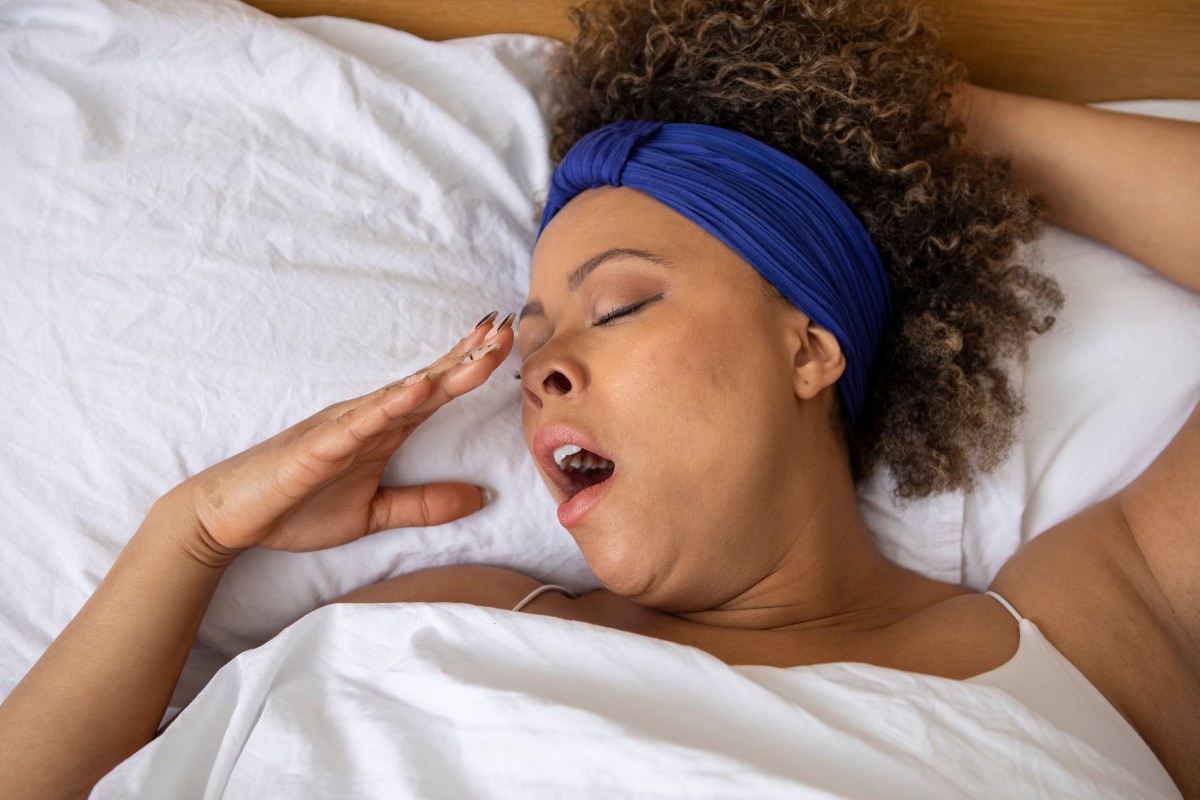
Can You Yawn in Your Sleep?
Yawning is a universal human behaviour that we associate with tiredness, boredom, or even empathy. But have you ever wondered whether it’s possible to yawn while you’re asleep? The answer might surprise you. Let’s dive into the science of yawning and explore whether this reflex continues when you’re in the land of dreams.
What is a yawn?
A yawn is a reflex that involves opening your mouth wide, taking a deep breath in, and exhaling. While the exact reason for yawning isn’t fully understood (yet!), leading theories suggest it may:
-
Cool the brain and improve its efficiency.
-
Reset alertness during transitions between activity and rest.
-
Promote social bonding through its contagious nature.
Yawning engages a range of facial and respiratory muscles, but it’s typically a response to being awake. This is an important clue to whether it can happen during sleep.
What happens when we sleep?
Sleep is a state of reduced awareness and activity where the body undergoes critical restoration and repair. It consists of several stages, including:
-
Non-REM sleep: Light to deep stages of sleep where the body relaxes and repairs itself.
-
REM Sleep: The dream stage, where brain activity increases, but the body remains largely immobile.
During these stages, most of the body’s voluntary muscles relax significantly, which is why activities like walking, talking, or yawning generally don’t happen while asleep.
Do people yawn while sleeping?
The short answer: No.
Yawning is an activity closely linked to wakefulness. It’s most common during transitions between wakefulness and sleep, such as:
-
Before falling asleep (hypnagogic state): When you’re winding down for the night.
-
After waking up (hypnopompic state): When you’re transitioning back to being alert.
Why not during sleep?
There are several different reasons as to why we don’t yawn while we’re asleep. These include:
-
Relaxed muscles: While you’re sleeping, your voluntary muscles (like those involved in yawning) are largely inactive.
-
Lack of stimuli: Yawning is often triggered by external or internal cues, such as seeing someone yawn or feeling tired. These triggers are absent during sleep.
-
Purpose of yawning: Since yawning is linked to alertness and transitions, it serves no purpose once the body is fully at rest.
What about sleep disorders?
In rare cases, people with sleep disorders such as sleepwalking or REM behaviour disorder might exhibit actions that mimic wakeful behaviours. However, these are typically involuntary movements or vocalisations, not yawning.
Yawning: a wakeful phenomenon
Interestingly, yawning occurs most frequently during the moments before and after sleep. You’ve probably experienced yawning:
-
As part of your bedtime routine: While feeling drowsy and getting ready for sleep.
-
When waking up: As part of a “morning stretch” to reset your body for the day.
This timing aligns with the theory that yawning helps prepare the body for shifts in activity or mental states.
Fun facts about yawning
Just for fun, we’ve included a few key facts about yawning you can use to impress your friends and family:
-
Contagious yawning: Seeing or hearing about yawning can trigger a yawn, but this effect is limited to when you’re awake.
-
Yawning in animals: Many animals, from cats and dogs to fish and birds, also yawn. Like humans, they don’t yawn while they’re asleep.
-
Babies and yawning: Foetuses have been observed yawning in the womb, though they stop once sleep patterns develop.
Final thoughts
While yawning is a fascinating and complex behaviour, it’s firmly tied to wakeful states. You’re unlikely to yawn during sleep, as the body’s focus shifts to resting and restoring itself. Instead, yawning bookends our sleep cycle, helping us transition in and out of slumber.
Next time you catch yourself yawning, take it as a sign that your body is getting ready for a change—whether it’s preparing for sleep or waking up for a new day.
Keen to learn more about the fascinating topic of yawning? Head over to our YawnHub where you’ll find interesting articles, yawning videos, and more.

Gemma Henry - Content Lead
Gemma finds sleep fascinating and describes the discovery aspect of her role as eye-opening. Her keen eye for detail and dedication to thorough research ensures that Bensons customers get the informative sleep-based advice they're looking for.